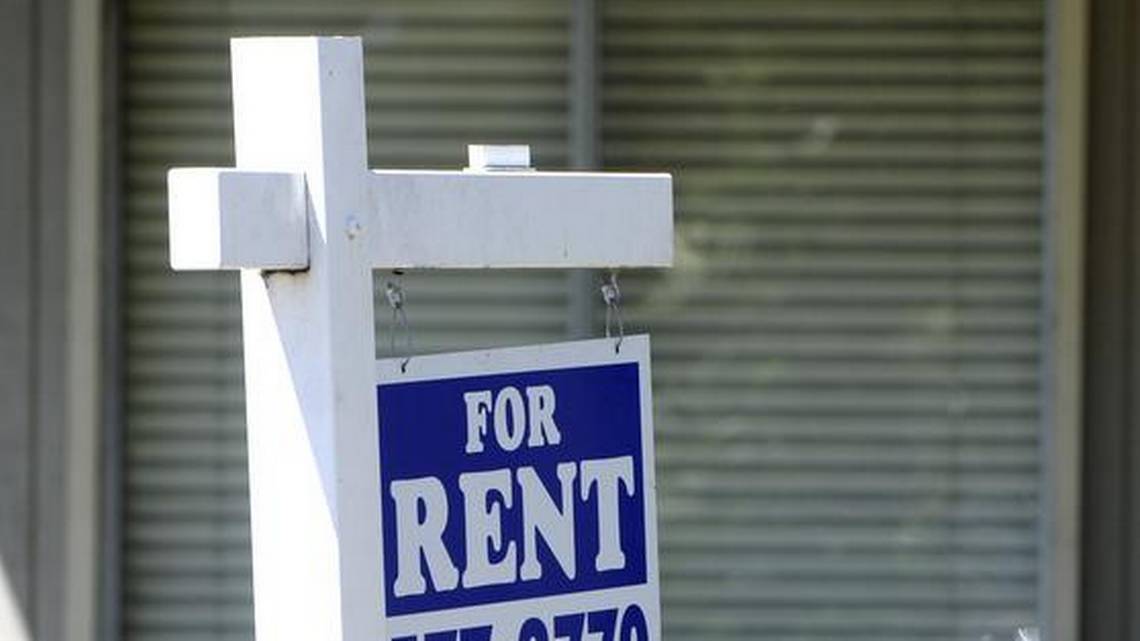Navigating rental agreements and changing housing costs can be stressful for tenants. In West Virginia, understanding your rights regarding rent increases is crucial for protecting your housing stability and financial well-being. This article will guide you through West Virginia’s rent increase laws, providing answers to common questions and empowering you to make informed decisions.
As a renter in West Virginia, it’s essential to be familiar with the state’s laws regarding rent increases. West Virginia generally favors a free-market approach to rent, meaning landlords have significant flexibility in setting prices. This system benefits tenants in some ways, but it’s vital to understand your responsibilities and how to protect yourself from unfair or excessive rent increases.
The Absence of Rent Control
West Virginia does not have statewide rent control laws. Rent control measures typically set limits on how much and how often a landlord can increase the rent for existing tenants. Without rent control, landlords in West Virginia are largely free to raise the rent as they see fit, provided they follow certain guidelines and restrictions.
Landlord’s Right to Increase Rent
Landlords in West Virginia are allowed to increase rent under the following circumstances:
- At the End of a Lease Term: If you have a fixed-term lease (e.g., a one-year lease), your landlord cannot increase the rent during the lease term unless an increase is specifically outlined in the agreement. Once the lease ends, the landlord has the right to raise the rent for a new lease term.
- Month-to-Month Tenancy: If you have a month-to-month lease, the landlord can increase the rent with proper notice (detailed in the Notice Requirements section).
- Lease Violation: If you violate the terms of your lease agreement, your landlord may potentially have grounds to increase the rent.
Notice Requirements
Landlords in West Virginia must adhere to specific rules regarding proper notification of rent increases:
- Timing: The landlord must provide written notice to the tenant in advance of the increase. The required notice period can vary depending on local ordinances or the terms of your lease agreement. It’s advisable to carefully review your lease to determine the required notice period.
- Content of the Notice: The written notice must clearly specify the new rent amount and the effective date of the increase.
Discrimination and Retaliation
West Virginia laws, along with the federal Fair Housing Act, protect tenants from discriminatory or retaliatory rent increases. Landlords cannot increase rent based on factors such as:
- Race
- Color
- National origin
- Religion
- Sex
- Disability
- Familial status
Additionally, landlords cannot raise rent in retaliation for a tenant exercising their legal rights, such as:
- Reporting health or safety code violations
- Joining a tenants’ union
- Requesting necessary repairs
Local Ordinances
While West Virginia lacks statewide rent control, certain cities or municipalities within the state may have local rent control ordinances. It’s essential to familiarize yourself with any rental regulations specific to your location. Cities like Morgantown, West Virginia, have explored tenant protections, so staying up-to-date on local laws is important.
Resources for Tenants
If you have questions about rent increases, feel like you may be the victim of discrimination or unfair practices, or need assistance navigating a difficult situation with your landlord, there are helpful resources available in West Virginia:
- West Virginia Legal Aid: This organization provides legal assistance to low-income individuals and families. They can offer advice on tenant rights and may represent you in legal disputes with your landlord. ([invalid URL removed])
- West Virginia Fair Housing Council: This non-profit works to eliminate housing discrimination and can help guide you if you believe your rights have been violated. (http://www.wvfairhousing.org/)
- West Virginia Consumer Protection Division: This division of the Attorney General’s Office protects consumers, including tenants, from unfair or deceptive business practices. They can investigate complaints related to rental agreements or landlord conduct ([invalid URL removed])
- Local Tenants’ Rights Organizations: Some cities in West Virginia may have local tenants’ rights organizations or advocacy groups that offer resources and support. Search online for organizations in your specific area of West Virginia (e.g., “Charleston, West Virginia tenants’ rights”).
Tips for Tenants Facing Rent Increases
- Understand Your Lease: Carefully read and thoroughly understand all the terms of your lease agreement. Pay close attention to clauses regarding rent increases and notice requirements.
- Communicate Clearly with Your Landlord: If you have concerns about a rent increase, try to open a dialogue with your landlord respectfully. See if there’s room for negotiation or a more gradual increase.
- Document Everything: Keep written records of all communications with your landlord, including any notices about rent increases. Document conversations, take photos, and save copies of important documents.
- Know Your Rights: Familiarize yourself with West Virginia’s landlord-tenant laws, along with applicable federal protections.
- Get Help If Needed: Don’t hesitate to reach out to one of the resources listed above if you need further assistance or feel your rights have been violated.
Example Scenario
Let’s imagine you live in Huntington, West Virginia, and have a month-to-month lease. Your landlord sends you a notice that they intend to raise your rent by 20% starting next month. Here’s how you might approach this situation:
- Review Your Lease Agreement: Check to see if a 20% increase is allowed under your lease terms and if the notice period complies with your agreement.
- Research Local Ordinances: Contact your city authorities to determine if there are local ordinances limiting rent increases in Huntington.
- Contact a Resource: If you’re unsure about your options, or if the increase seems unreasonable, consult with an organization like West Virginia Legal Aid for guidance.
- Communicate with Your Landlord: If permitted within your lease terms and local regulations, try to negotiate with your landlord. You could ask about a smaller increase or spreading the increase over several months.
Conclusion
Understanding your rights as a tenant in West Virginia is essential for safeguarding your housing situation. While West Virginia does not impose statewide rent control, there are still legal protections in place governing rent increases, notice periods, and landlord-tenant relations. By staying informed, utilizing available resources, and proactively advocating for yourself, you can better navigate the rental landscape in West Virginia.



